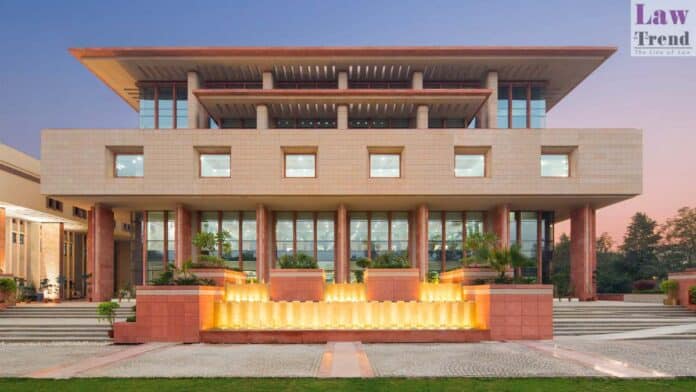The Delhi High Court has held that constituting committees at the zonal or central level to decide on matters like fee hikes and payment of teachers’ salaries amounts to transferring judicial functions to such committees, which is impermissible in law.
A Division Bench of Justices Subramonium Prasad and Vimal Kumar Yadav, in a judgment dated October 10, set aside a single judge’s order that had directed the constitution of committees to deal with issues of teachers’ pay and schools’ fee structures. The court remanded the case back to the roster bench for fresh consideration.
The bench made it clear that while courts can set up committees, their role must be confined to fact-finding. They cannot be given the power to adjudicate disputes or decide legal entitlements.
“In the opinion of this court, the portion of the impugned judgment wherein the single judge has constituted committees at the zonal and central level to deal with the issues of fee hike, payment of salaries to the teachers as per the recommendations of the 6th and 7th CPC, and to consider as to whether the teachers would be entitled to the claims as sought for in the writ petitions, actually tantamount to relegating the judicial functions to the said committees, which is not permissible in law,” the bench said.
The judges further noted that the single judge had effectively conferred judicial power on the committees to decide teachers’ entitlement claims after considering objections raised by schools. This, the bench said, went beyond the permissible scope.
“There is no representative of the teachers in the committee. At best, the single judge could have formed these committees to furnish a report to the court, which ought to have adjudicated upon the issues raised by the teachers and the schools without giving the committees the power to decide the issues,” it added.
Emphasising the non-delegable nature of judicial authority, the bench observed:
“The judicial functions are to be discharged by the judges and cannot be delegated to any committee formed by courts. Committees can only be constituted by the courts to give a report on the facts to assist the court in adjudicating rival claims.”
The bench was hearing a batch of appeals filed by various private unaided schools challenging the single judge’s order, which had directed the Delhi government to form committees at zonal and central levels. The purpose of these committees was to supervise the implementation of the 6th and 7th Central Pay Commission (CPC) recommendations regarding salaries and arrears for teachers and staff of private unaided and recognized minority schools in Delhi.
Setting aside the single judge’s ruling, the Division Bench clarified:
“It is made clear that this court has not made any observations on the merits of the case and all the rights and contentions of the parties are left open to be adjudicated by the single judge.”




